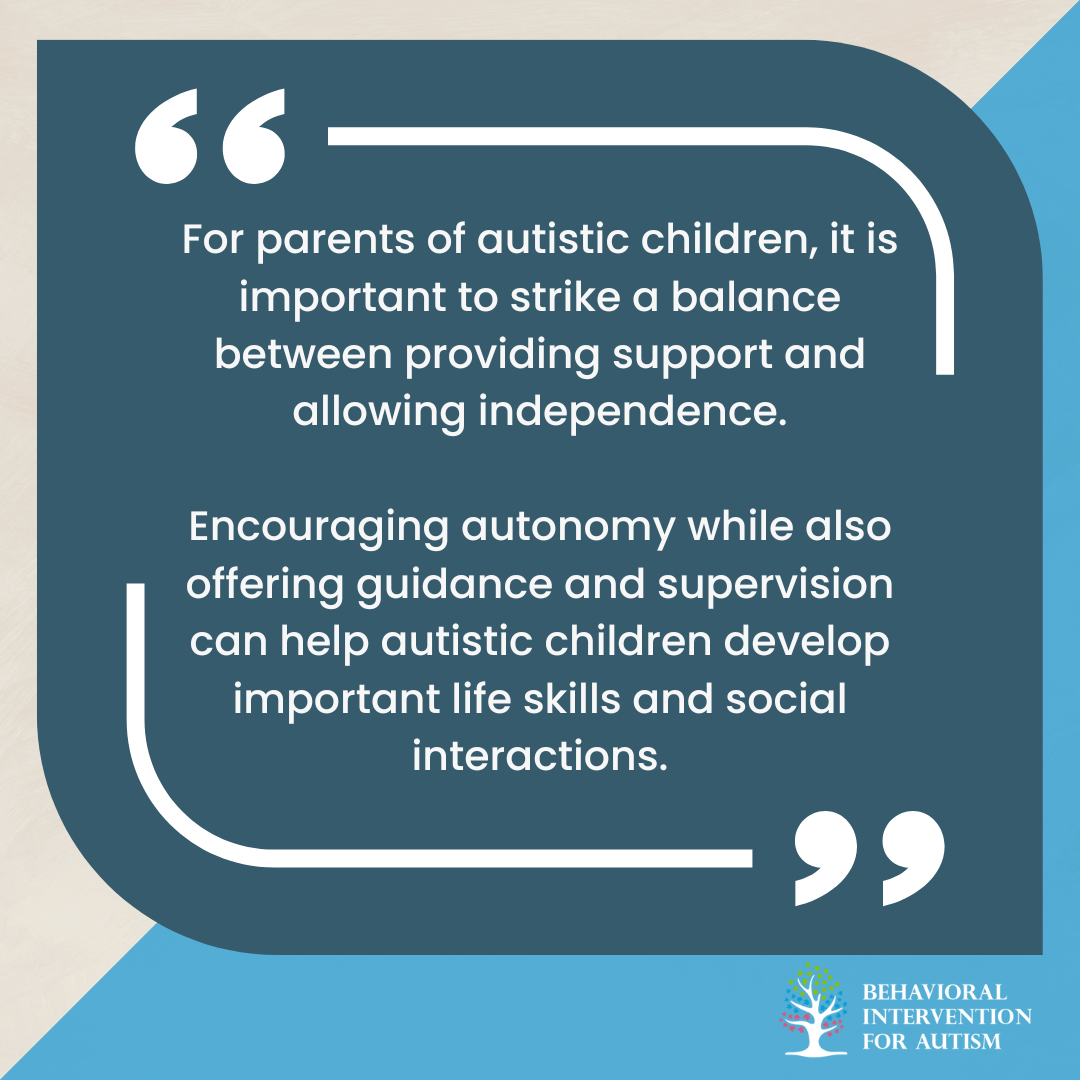
Table of Contents
Parental behavior plays a significant role in enhancing the development of children with ASD. Parents often play an active role in various interventions and therapies, including in-home ABA therapy, aimed at supporting their child’s progress.
By actively participating and engaging with their child, parents can provide a nurturing and supportive environment that promotes growth and development.
Parents who demonstrate warmth, empathy, and effective communication skills can positively impact their child’s social and emotional development. Additionally, parents who actively seek out resources, support, and appropriate interventions can help their child thrive.
As such, parents should work closely with healthcare professionals and educators to create a tailored plan that meets the unique needs of their child with ASD.
Parenting Style Misconceptions
It is important to clarify that bad parenting styles can’t cause a child to become autistic. Autism spectrum disorder (ASD) is a neurodevelopmental condition with a complex interplay of genetic and environmental factors.
However, it is worth noting that parental behavior and family characteristics can influence the development of children with ASD, particularly in areas like social communication and emotion regulation.
Different parenting styles, such as authoritative, authoritarian, indulgent, and neglectful, may have varying impacts on a child’s overall development. Studies suggest that certain parenting styles may be associated with a higher likelihood of a child developing autism.
However, it is crucial to note that correlation does not imply causation. Parents should be aware of the risks associated with different parenting styles but should also remember that they do not cause the difficulties seen in children with ASD.
Impact of Parenting Styles
When it comes to parenting children with autism, understanding the impact of different parenting styles is crucial. While parenting style alone does not cause autism, it can influence the development and well-being of autistic children.
In this section, we will explore two parenting styles and their potential effects on autistic children.
Authoritative Parenting
Authoritative parenting is characterized by a balance between setting clear boundaries and expectations while also demonstrating warmth and support. For parents of autistic children, this parenting style can be particularly beneficial. An authoritative approach provides structure and consistency, which are essential for children with autism who often thrive in predictable environments.
Studies have shown that an authoritative parenting style can positively impact autistic children. However, it is important to find the right balance. Being overly strict and controlling can cause autistic children to feel overwhelmed.
This style can result in increased anxiety and depression in autistic children, emphasizing the need for a balanced approach when parenting an autistic child.
By maintaining open communication, setting clear expectations, and providing emotional support, authoritative parents can create a nurturing environment that helps their autistic children thrive. It’s important to remember that each child with autism is unique, so finding the right balance may require adjustments based on individual needs.
Overprotective Parenting
Overprotective parenting, on the other hand, involves excessive control and a strong desire to shield children from potential harm or challenges. While this parenting style is driven by good intentions, it may have unintended consequences for children, including those with autism.
Overprotective parenting has been linked to an increased chance of a child developing autism. This type of parenting may limit a child’s freedom to explore and experiment. While the link between overprotective parenting and autism is not definitive, parents should consider the impact of overprotective parenting on their children.
Importance of Positive Parenting
Positive parenting plays a crucial role in the development and overall well-being of a child with autism. Positive parenting focuses on teaching essential skills and creating a supportive environment for children with autism.
One of the key aspects of positive parenting for children with autism is teaching essential skills. Children with autism often face challenges in areas like communication, social interaction, and self-care. Positive parenting strategies can help address these areas by providing structured and consistent support.
Using techniques such as visual aids, social stories, and modeling allows parents to help their children learn and practice social and communication skills. These skills include understanding and using nonverbal cues, engaging in conversations, and developing appropriate social behavior.
In addition to teaching essential skills, creating a supportive environment is crucial for children with autism as well. This includes providing a safe and sensory-friendly space where they can thrive.
Autistic individuals may have sensory sensitivities, so it is important to consider their individual needs and make adjustments accordingly.
Creating a calm and organized environment can help reduce sensory overload and anxiety. This can be achieved by minimizing clutter, using soft lighting, and providing designated spaces for relaxation.
Here’s a video that will provide you with a brief overview of what positive parenting is all about:
Positive parenting involves providing emotional support and understanding to children with autism. As parents, it is important to listen to their child’s needs, validate their feelings, and provide reassurance and comfort. Building a strong emotional connection with their child can help them feel secure and understood.
By practicing positive parenting techniques, parents can promote the development of essential skills and create a supportive environment for their child with autism. However, it is important to remember that each child with autism is unique, and what works for one may not work for another.
Sources:
https://www.emedicinehealth.com/can_parenting_style_cause_autism/article_em.htm
https://www.sciencedirect.com/science/article/pii/S0010440X18301925
https://theconversation.com/parents-dont-cause-autism-but-they-can-make-a-difference-30465
https://www.healthline.com/health/autism-risk-factors
https://familynonstop.com/can-parenting-style-cause-autism
- 9 Common Obsessions of Children With Autism You Should Know - February 25, 2025
- What is Neurodiversity? A Guide to Embracing Differences - February 25, 2025
- Understanding Hyperfocus in Autism: What It Means and Why It Happens - February 25, 2025


